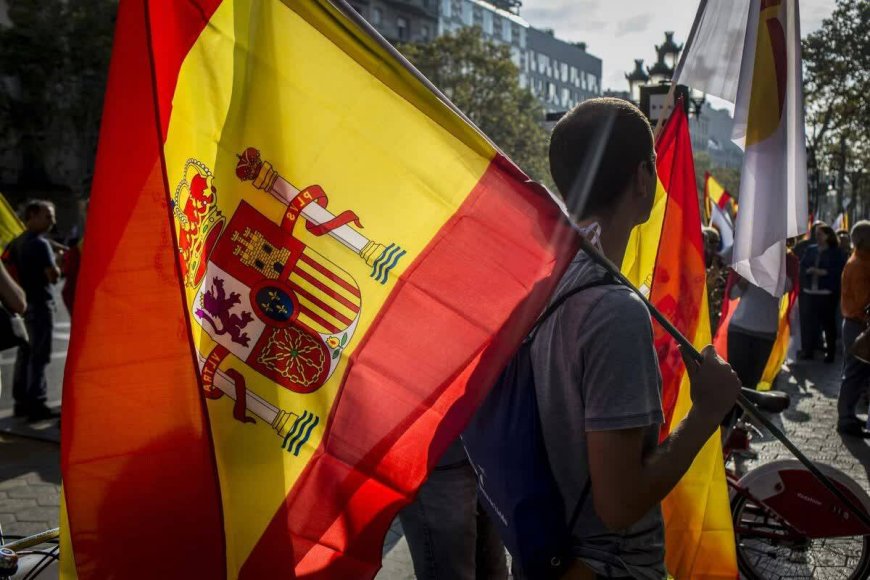Spain's Recurring Political Dilemma: Elections, Coalitions, and the Quest for a National Unity
Spain's Recurring Political Dilemma: Elections, Coalitions, and the Quest for a National Unity

Contrary to expectations, the Socialist Workers Party led by Sánchez exceeded predictions by winning 122 seats, securing second place after the centre-right People's Party, led by Alberto Núñez Feijóo, who claimed 136 seats. Notably, the extreme right-wing party Vox suffered a significant setback, losing 19 seats and becoming the biggest loser in the election with a mere 33 seats. This outcome holds immense political significance, as the centre-right party had relied on Vox to form a majority government, but this scenario was thwarted.
In Spain, a parliamentary majority of 176 seats out of 350 is required to form a government. Following the era of General Franco, the Spanish populace has exhibited little inclination towards absolute rule and has been wary of right-wing extremism due to historical memories. Both Feijóo and Sánchez are now strategizing to establish new governments in the coming weeks.
On August 17, the Spanish Congress will convene, and King Felipe VI will meet with party leaders to ascertain which candidate can garner the necessary support from MPs to become the next prime minister.
The current critical juncture lies in the number of potential votes, with Sánchez holding 172 and Núñez Feijóo having 170. This indicates that Mr. Sánchez is likely to retain power. The election results unequivocally demonstrate the deep divisions within Spanish society, making government formation an arduous task, particularly as Vox refuses to cooperate with the Basque and Catalan independence parties, thus Núñez Feijóo’s ability to negotiate with these parties becomes crucial.
In contrast, Sánchez has faced criticism for his perceived dependence on secessionist parties and granting them significant concessions in government participation. If this trend persists, it could prove disastrous for Spain, as separatist movements, especially the Catalans, are unwilling to support Sánchez without substantial concessions.
They understand that independence cannot be unilaterally declared without coordination and permission from the central administration in Madrid. Hence, In order to gain the legal tools aand legitimacy in Europe, they must obtain the central government's authorization, although this outcome appears unlikely at present.
In addition to the challenge of government formation, Spain also confronts the risk of territorial fragmentation. If the policies of the new Spanish government fail to meet the demands of social currents, public discontent may escalate. Despite rejecting extremism, the question remains whether the diverse regions of Spain can remain united.













































